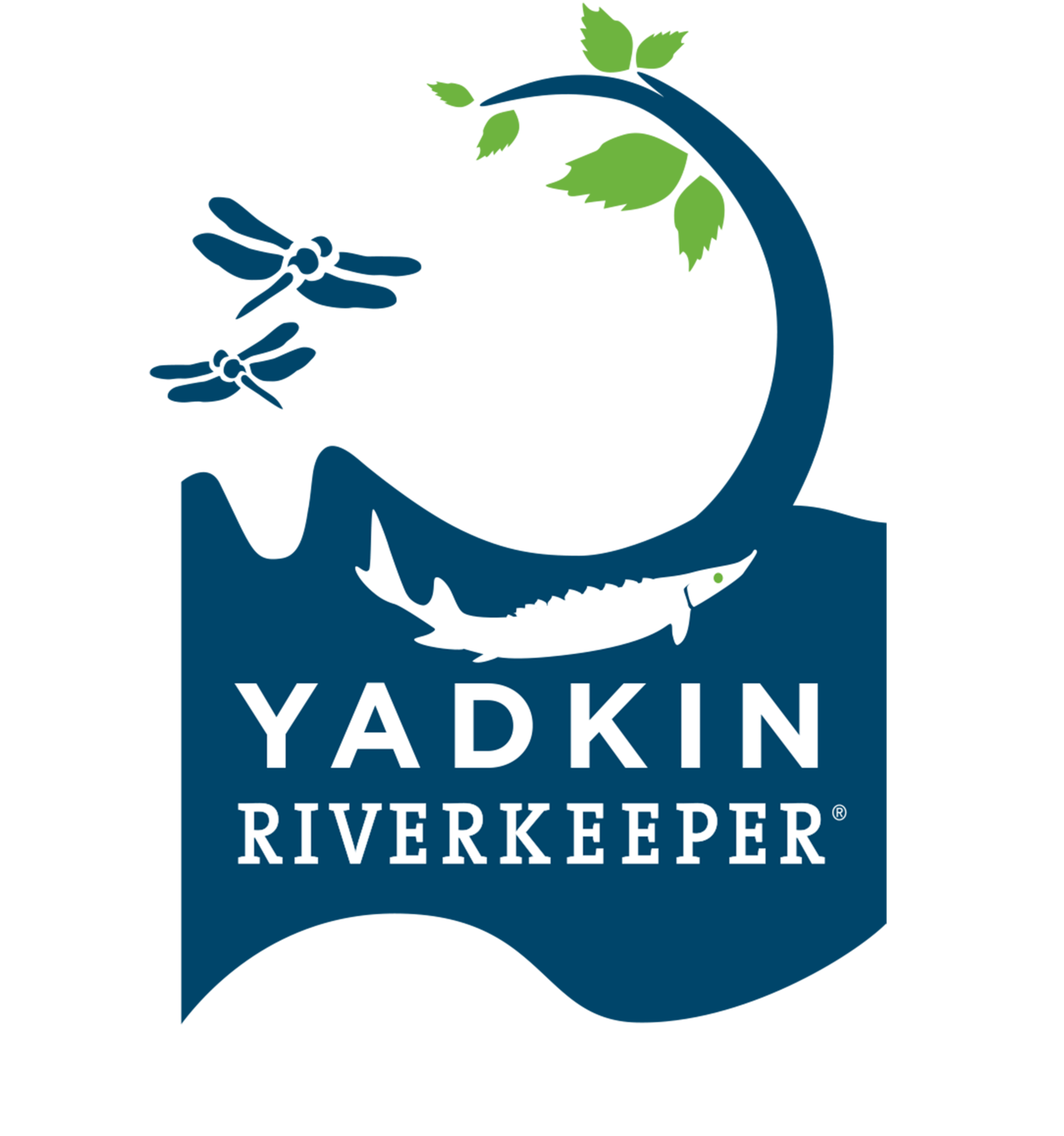London Thompson, Community Outreach Specialist
On Saturday, September 17th, Warren County residents and supporters came together to remember the legendary protest that took place 40 years ago in 1982. The Warren County Environmental Action Team and the Coley Springs Missionary Baptist Church created this event to commemorate the protest for birthing the environmental justice movement.
In 1982, Ward Transformer Company wanted to find an inexpensive way to dispose of hazardous oils from their electrical insulators. The company illegally sprayed these chemicals along roadsides that would cover 250 miles, which spanned across several NC counties. As a result, they created 60,000 tons of contaminated soil. Laced with polychlorinated biphenyls (PCBs), this soil contained hazardous chemicals that could cause cancer, suppress immune systems, and cause various adverse health issues. The state of North Carolina decided to put the contaminated soil in a landfill located in the small, predominantly African American community of Warren County.
In response to this decision, the National Association for the Advancement of Colored People, Warren County residents, and supporters staged a massive protest. Protestors lay in the streets to prevent trucks carrying contaminated soil from reaching the landfill. Police arrested 500 participants during the rally. Unfortunately, the protest did not prevent the toxic waste from being deposited in the nearby landfill.
In 2003, the state of North Carolina began the process of cleaning and detoxifying Warren County’s PCB landfill. The total cost for cleanup is estimated to be 25 million dollars. The cleanup initiative was completed in 2014.
While the Warren County protest was initially unsuccessful, the sheer size of the protest and its intent has imprinted on the community. It proved there is power in words and strength in numbers.
Yadkin Riverkeeper is committed to the principles of environmental justice to ensure everyone has clean water to drink and access to safe water-based recreational resources. We are assisting communities throughout the watershed to make sure they have the technical and legal resources necessary to improve environmental and public health outcomes in their communities, which have traditionally been impacted disproportionately by environmental contamination.
